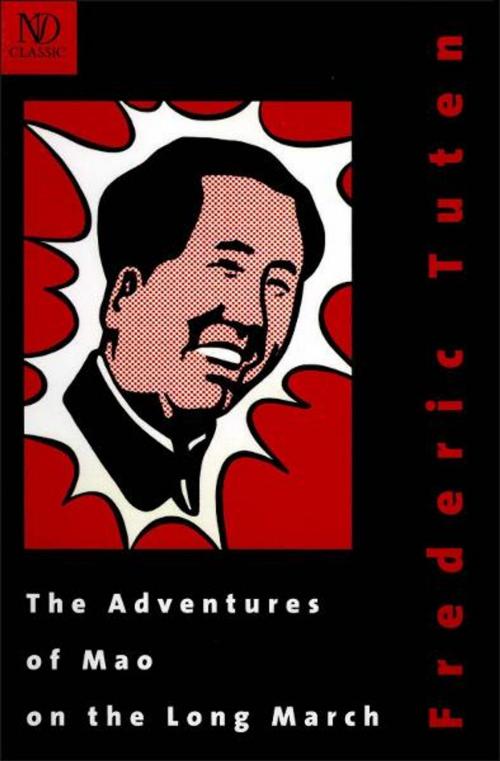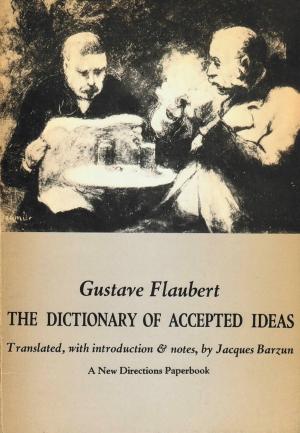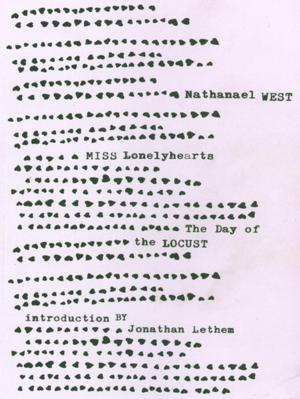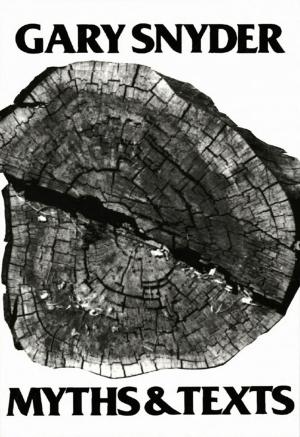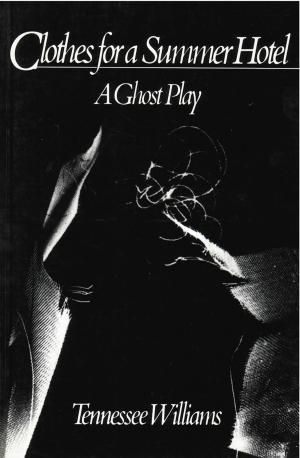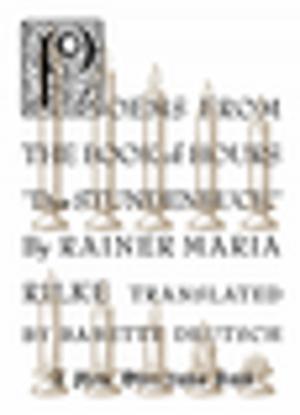| Author: | Frederic Tuten | ISBN: | 9780811220231 |
| Publisher: | New Directions | Publication: | November 17, 2005 |
| Imprint: | New Directions | Language: | English |
| Author: | Frederic Tuten |
| ISBN: | 9780811220231 |
| Publisher: | New Directions |
| Publication: | November 17, 2005 |
| Imprint: | New Directions |
| Language: | English |
A revolutionary comic masterpiece, an icon of literature as American pop art, and a book unlike any other, The Adventures of Mao on the Long March breaks all frames.
An icon of literature as American Pop Art, Frederic Tuten’s Adventures of Mao on the Long March is a triumphantly witty and subversive novel. The New York Times called it “almost too good to be true.” Tuten’s deadpan textbook narrative of Mao’s Long March is peppered with loving parodies of Hemingway, Kerouac, Dos Passos, and Malamud. As John Updike comments, the book includes “twenty-seven pages of straight history of the Long March (October 1934-October 1935), done in a neutral, factual tone, as by a fellow-traveling Readers Digest…thirty-six and a half pages of quotations in quotation marks…and twenty-six pages of what might be considered normal novelistic substance—imaginary encounters and conversation. For an example: ‘a tank, covered with peonies and laurels, advances towards him. Mao thinks the tank will crush him, but it clanks to a halt. The turret rises, hesitantly. Greta Garbo, dressed in red sealskin boots, red railway-man’s cap, and red satin coveralls, emerges. She speaks: “Mao, I have been bad in Moscow and wicked in Paris, I have been loved in every capital, but I have never seen a MAN whom I could love. That Man is you, Mao, Mao mine.” Mao considers this dialectically. The woman is clearly mad. Yet she is beautiful and the tank seems to work.‘”
A revolutionary comic masterpiece, an icon of literature as American pop art, and a book unlike any other, The Adventures of Mao on the Long March breaks all frames.
An icon of literature as American Pop Art, Frederic Tuten’s Adventures of Mao on the Long March is a triumphantly witty and subversive novel. The New York Times called it “almost too good to be true.” Tuten’s deadpan textbook narrative of Mao’s Long March is peppered with loving parodies of Hemingway, Kerouac, Dos Passos, and Malamud. As John Updike comments, the book includes “twenty-seven pages of straight history of the Long March (October 1934-October 1935), done in a neutral, factual tone, as by a fellow-traveling Readers Digest…thirty-six and a half pages of quotations in quotation marks…and twenty-six pages of what might be considered normal novelistic substance—imaginary encounters and conversation. For an example: ‘a tank, covered with peonies and laurels, advances towards him. Mao thinks the tank will crush him, but it clanks to a halt. The turret rises, hesitantly. Greta Garbo, dressed in red sealskin boots, red railway-man’s cap, and red satin coveralls, emerges. She speaks: “Mao, I have been bad in Moscow and wicked in Paris, I have been loved in every capital, but I have never seen a MAN whom I could love. That Man is you, Mao, Mao mine.” Mao considers this dialectically. The woman is clearly mad. Yet she is beautiful and the tank seems to work.‘”
